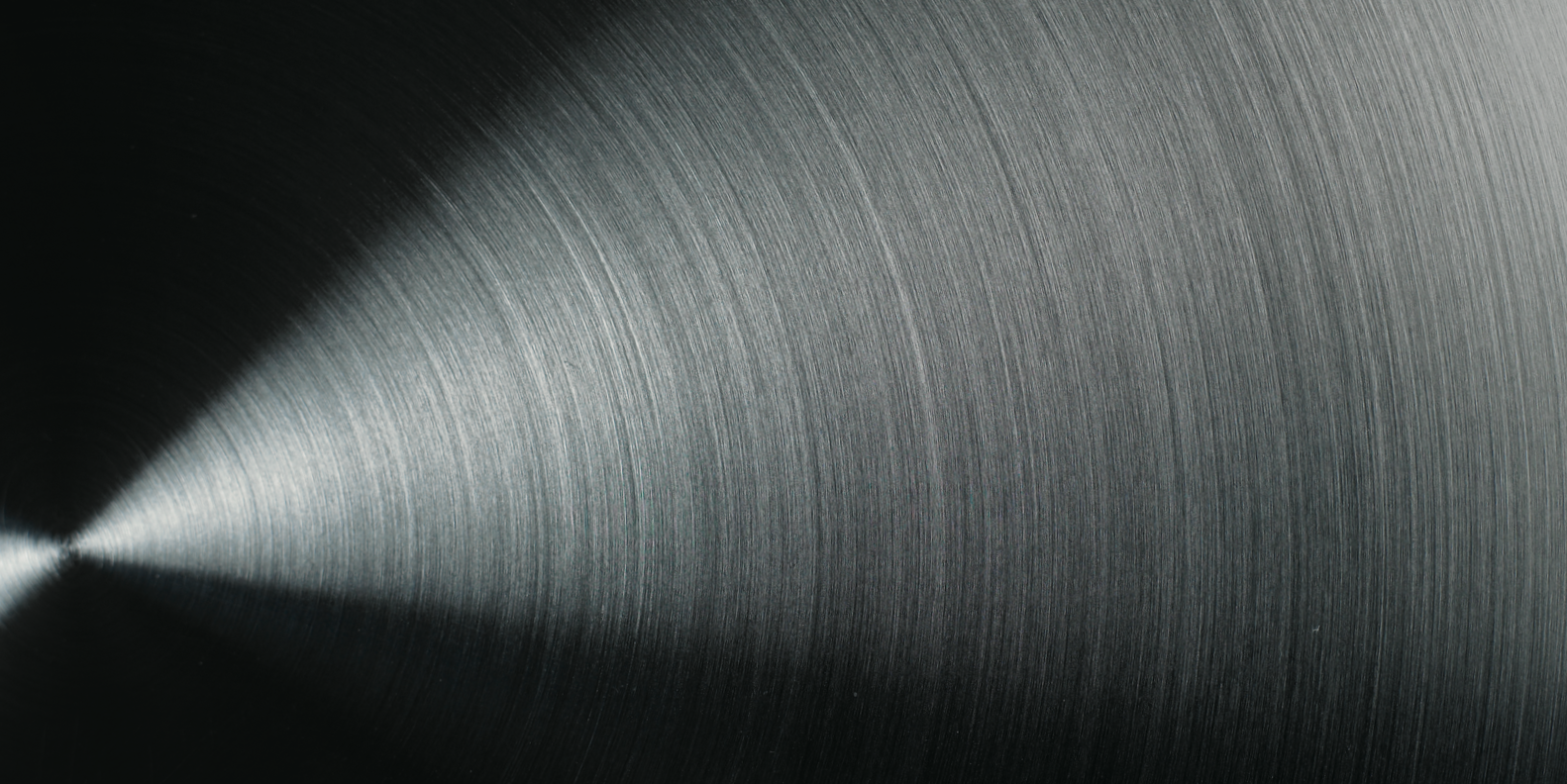Tools and Molds NOT RIGHT
Tools and Molds: Steel Solutions for Conventional and Additive Manufacturing
Tools, molds and dies are essential components for shaping, forming, cutting and stamping materials into desired products or parts. They are used in various industrial sectors, such as automotive, aerospace, medical, consumer goods and energy. The quality and performance of these components depend largely on the properties and characteristics of the steels that are used to make them.
Selecting the right steel for the right application is a critical factor for the success and competitiveness of the manufacturers. The steel must meet the most demanding requirements of the industries, such as resistance to wear, heat, corrosion and cracking, as well as excellent machinability, polishability and weldability.
ArcelorMittal is a global leader in the production of steels for tools, molds and dies, serving the die-casting and injection moulding industries with high-quality and innovative solutions. With more than a century of experience and expertise, ArcelorMittal has developed a strong legacy of providing steels that cover the needs of both conventional manufacturing with its legacy offer and additive manufacturing with its new offer of Steel Powders for additive manufacturing when used as a new tool of the shopfloor.
Conventional Manufacturing: The Legacy Offer
ArcelorMittal offers a wide range of steels for conventional manufacturing, such as plastic, metal or composite molding, forging or extrusion, through its specialized division Industeel. These steels include:
- Pre-hardened alloy steels, such as Superplast® family steel, Mecasteel, Isotrop and Tenasteel, which offer tailor-made solutions with improved properties and performance compared to generic grades. These steels have high hardness, toughness, thermal conductivity, through-hardness and improved mechanical properties.
- Stainless steels for cavities, extrusion dies and mold bases, which offer high corrosion resistance, polishability, weldability and machinability. These steels include grades such as 2085, 2316, 2343 and 2344.
- Hot work steels for plastic, forging and die casting applications, which offer high hot hardness, temper resistance, thermal fatigue resistance and thermal conductivity. These steels include grades such as H13, H11 and W360.
- Cold work steel for press tools, progressive dies, stamping dies and cutting tools, which offer high wear resistance, toughness, compressive strength and edge retention. These steels include grades such as D2, D3 and S7.
ArcelorMittal has a global research and development network, in collaboration with customers, universities and research centers, to continuously improve and innovate its steels for conventional manufacturing, as well as to provide technical support and services to its customers.
Additive Manufacturing: The New Offer
ArcelorMittal also offers a complementary portfolio of sustainable steel solutions for tools, molds and dies with additive manufacturing. Additive manufacturing, or 3D printing, is a promising technology that can overcome some of the limitations and challenges of the conventional methods, such as long lead times, high costs, material wastage and design constraints.
By using additive manufacturing, it is possible to create tools, molds and dies that have improved performance, quality and efficiency, such as conformally cooled channels, reduced weight and enhanced durability. Conformally cooled channels are internal passages that follow the shape of the mold cavity, allowing a more uniform and efficient cooling of the plastic part. This can result in reduced cycle time, improved dimensional accuracy, lower warpage and better surface finish.
ArcelorMittal is a leading company in the field of additive manufacturing, with a strong expertise and know-how on laser strategies, materials and processes. ArcelorMittal can provide high-quality steels for additive manufacturing, such as maraging steels, stainless steels and tool steels, as well as customized solutions and services for the production of tools, molds and dies using laser powder bed fusion machines, which can melt and fuse metal powders layer by layer using a laser beam.
Depending on the application and the type of tool, mold or die, different properties and characteristics of the steels are required, such as hardness, corrosion resistance, thermal conductivity, weldability, machinability, texture and polishability. These properties and characteristics can be influenced by the chemical composition, the heat treatment and the additive manufacturing process of the steels.
If you are wondering which steel or steel powder to select that is the most suitable for your tools, molds and dies, please contact our technical team. We are eager to discuss your needs and continue our journey to support the Tooling and Molding industry with smarter steel powders.
Wondering which Steel or Steel Powder to select ?
Talk to our experts to find out which is the most suitable for your project.

